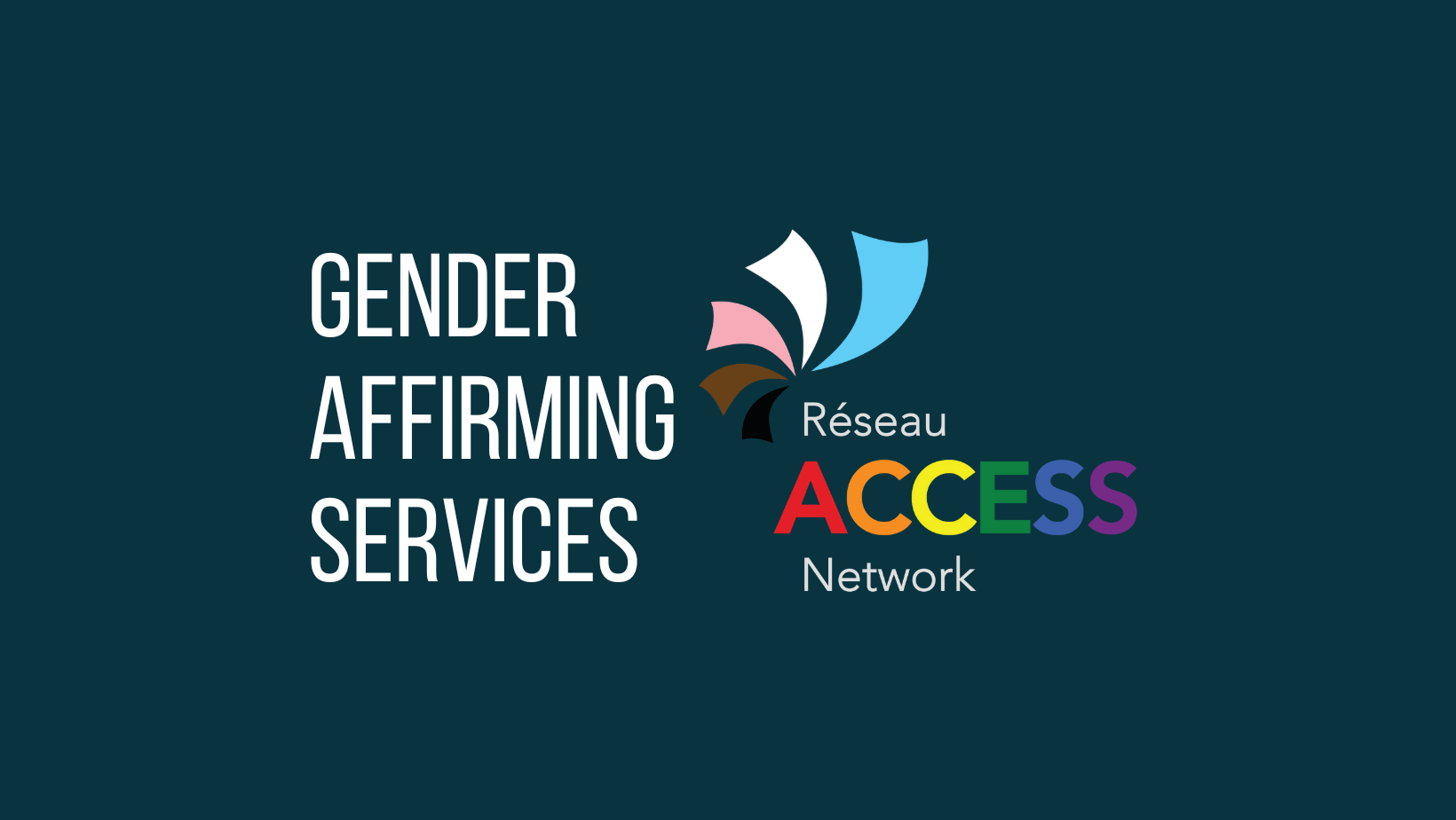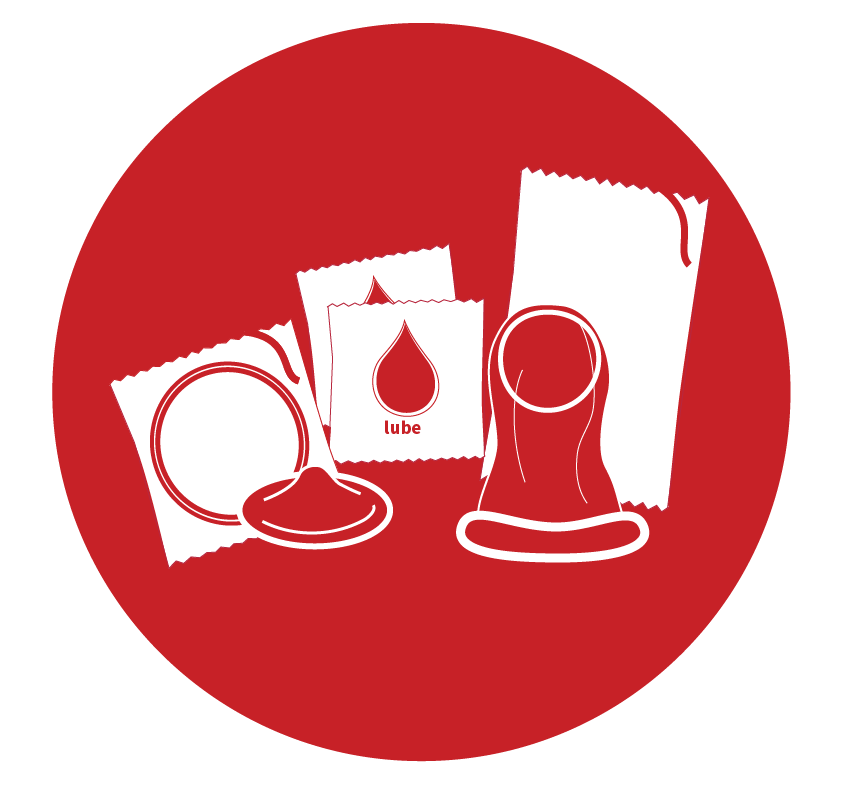

FAQ
What does it mean to be transgender?
Being transgender is not a pathology. It is an identity. When a baby is born, we assign them a gender based on their genitals. Sometimes a person’s identity and how they feel in their head and heart does not align with the label. That is what being trans is. It means that your gender identify does not align with the identity someone else assigned to you.
What is the need for a transgender clinic in Sudbury?
Across the city and province there are limited health services for transgender folks seeking gender-affirming support and medical therapy. Prior to opening this clinic agencies like Réseau ACCESS Network, who were previously not offering gender affirming services, were getting regular calls from folks looking for these services. More data relating on number of patients and appointment wait-times will be released in the coming months.
What is the vision of the Réseau ACCESS Network’s GAS?
To provide care to transgender and gender nonconforming individuals, and to support those folks in overcoming barriers so they can access the care they need. We can support this through one-on-one support, community education, and capacity building initiatives.
If you are a service provider looking for more information, please contact us as [email protected]
What are the options for patients once they are seen?
The clinic is committed to offering personalized care tailored to everyone. For those looking to physically change their bodies, this includes access to hormones therapy or gender affirming surgeries. We do not preform surgeries but can provide links to further information about this process and help individuals complete the application/referral process.
How can I get connected to the GAS?
Referrals to the GAS can be made by a primary health-care provider or individuals can self-refer. Please complete the form here and emails it to [email protected] or fax it to 705-222-5276
How often do these services run?
Once a month on the 3rd Thursday from 5:30pm – 8pm.
How long will it take me to be seen once I am referred?
We are unsure at this time of our waitlist. We will follow up with patients to confirm that we have received this referral form and when we have an appointment available for them.
My primary health care provider said they would not prescribe me hormones/refer me for gender affirming surgeries – can I come here?
Yes
I heard I need to get a psychological assessment before receiving hormones/gender affirming surgeries – is that true?
No. You can access our services without a psychological assessment.
I don’t feel comfortable talking to my primary health care provider about my gender identity – can I come here instead?
Yes – though we would encourage all individuals to access their primary health care provider first, we understand that sometimes that does not feel like a safe place. If you are interested in learning more about our services, please reach out to [email protected]
What is the impact of providing transgender and gender nonconforming individuals access to the Clinic?
When transgender and gender nonconforming individuals have access to gender affirming care, we see reductions in depression, anxiety, thoughts of suicide, and self-harm. Gender affirming interventions will not cure challenges an individual may be having in their mental health, but research shows us that it reduces the distress they are experiencing.
What is the impact of not having access to this clinic?
From the time an individual discloses their identify to the time they get care—a period that can last several years—they are at the highest risk for self-harm and suicide. They have revealed who they are, but often do not get the support they need from those around them. Transgender and gender nonconforming individuals are more likely to experience homelessness, have a harder time finding employment, more likely to be under employed, have anxiety, depression, and thoughts of suicide. Up to 43% of transgender individuals report attempt suicide within their lifetime. The good news is that of the approximately 67% of transgender people who report having experienced thoughts of suicide pre-transitioning – these numbers are reduced to only 3% post medical transition. This is lifesaving care.
What can folks do if they are struggling or have questions about their gender identity?
Tell somebody and try to find some support. There are online communities. It may seem overwhelming, but there are a lot of people that have been through this. You are not alone. It may feel like it, but you are not. There are people that can help you.






